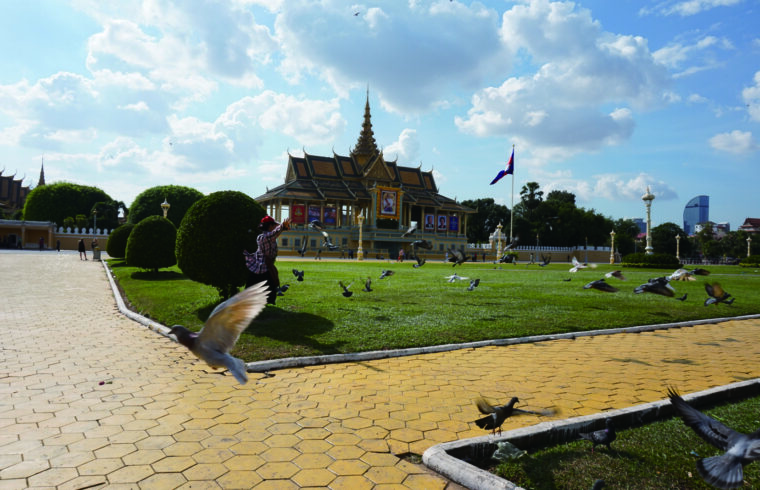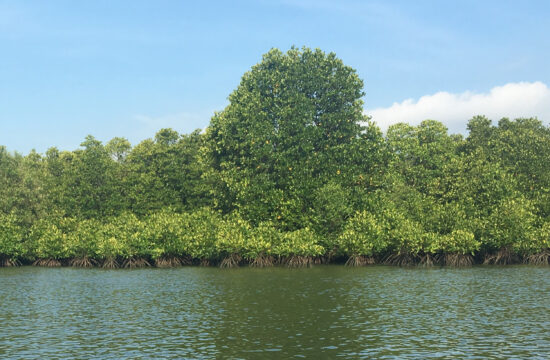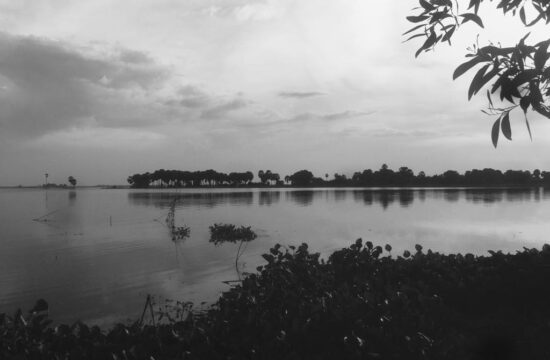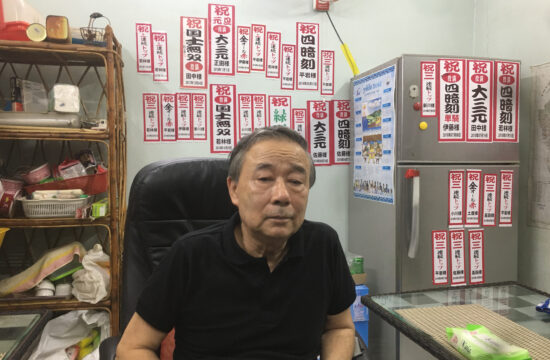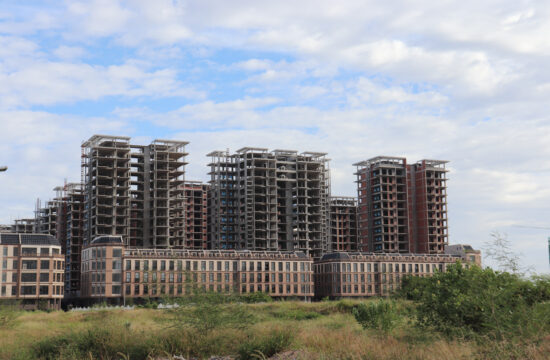I feel that the population of Japanese people in Cambodia is increasing recently. For example, I used to see some of my Japanese friends almost every time I went to a restaurant owned by Japanese before, but now it’s rare to see someone I know when I go to those restaurants. That’d mean that there are more restaurants owned by the Japanese and more choices for Japanese people in Cambodia.
As I often mention in this newspaper, it’s good to have more Japanese coming to Cambodia, but it also means that there’d be more people with more different thoughts, and there’d be more people going back to Japan necessarily. It wouldn’t be a problem if those people go back to Japan because of personnel changes or something like that, but when it comes to a complete withdrawal from Cambodia because of unsuccessfulness in business, there’re sometimes business owners to leave the country without winding up the affairs.
Those who would be bossy to their local staff and tell them to be responsible, ignoring their own behavior, can always be the first people to leave or run away from the country without taking any responsibility for their business.
In particular, some business owners leave Cambodia, which is almost like a moonlight flit, without paying expenses including salaries, and leaving the contract of shops or offices alone forever. There’s no wonder that those people who could do such terrible things fail in their business.
There’s no help when the business comes to failure. There’s no business that has a 100% chance of success even if there are ample funds, or even if people try very hard for it. I have experience of making my company go bankrupt once, so I totally understand the feeling of business owners who don’t want to give up until the last minute. However, they have to think that their persistence may cause trouble to the people around them if they fail in the very end with nothing left.
As this proverb “Cast no dirt in the well that gives you water” says, they should always calculate their capability, and should always pay salaries, meet all the obligations to clients and customers, cancel or deal with all the contracts and wind up all the affairs before they leave.
If they liquidate business rightly, they can make a fresh start for a new thing, but if they don’t, that means they’d waive all the credit and network of connections they’ve made here. They’d also have to live the rest of life sneaking. I wonder what those kinds of people have valued in their lives.
All the local staff who were left like that would never want to work for Japanese companies again, and the image of Japanese companies here would be bad to the people who dealt with such companies. As a result, all the other Japanese companies and people who do business in the right way here would have some difficulty in business because of the image of Japanese companies and business made by such selfish people and companies, which is unforgivable.
Needless to say that it’s just a little part of all the Japanese people who live in Cambodia to do such a bad business, and I respect those people who liquidated business rightly before leaving Cambodia, and their reliability would rather be higher, even though they might have left the country because of unsuccessfulness on business somehow. Being consistent will lead to a good reputation. If they come back to Cambodia again sometime, the former staff might want to work with them again as well as the former clients.
I’d like all the people who are considering advancing in Cambodia to do an accurate budget control as well as planning of withdrawal just in case the business doesn’t go well. Then, it’ll be very welcomed.
